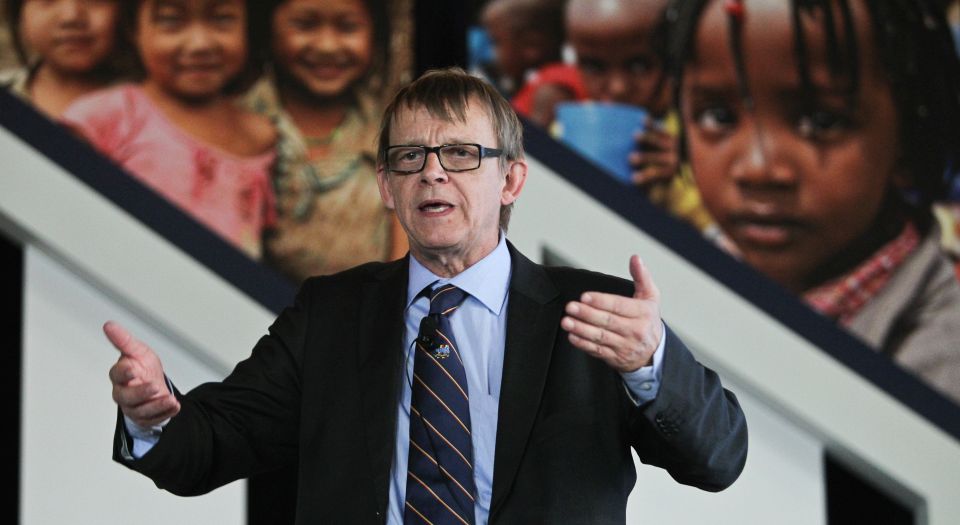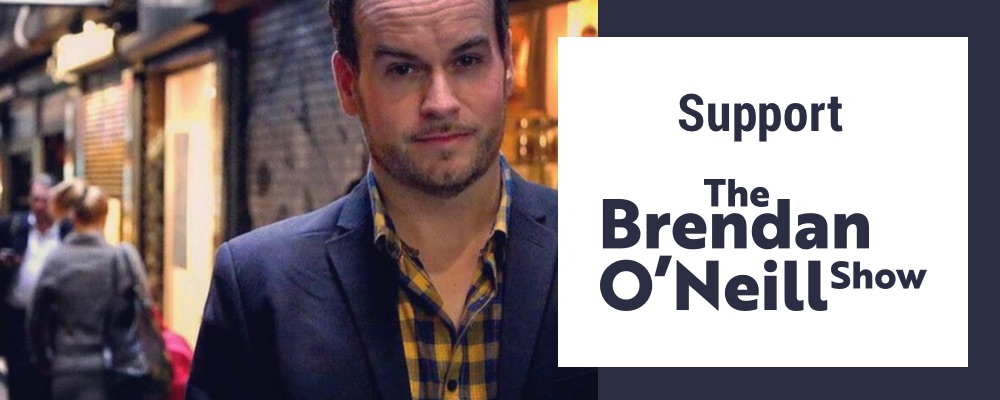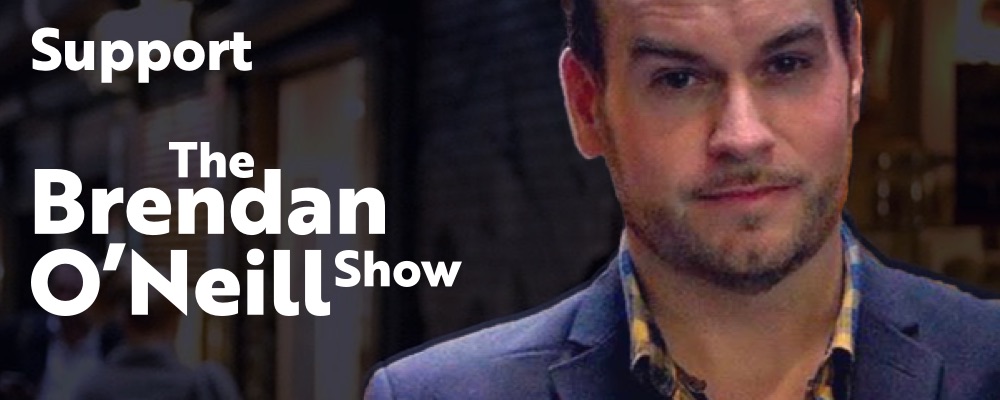Across the world, things are better than we think
Hans Rosling's Factfulness is a bracing defence of global progress.

Hans Rosling, who died last year, was a remarkable man. As a doctor, he practised and lectured in his home country of Sweden, and also worked in Mozambique, Tanzania, the Congo, Mexico, Cuba and India. His commitment to the medical cause was such that, in 2014, when the ebola epidemic broke out in West Africa, he headed to Liberia to help contain it.
At the same time, Rosling was also engaged in another long-term project, aimed at reducing the gap between how people in the West perceive the rest of the world and its reality. Factfulness, written with his son Ola Rosling and daughter-in-law Anna Rönnlund, is part of this project (alongside the online resource Gapminder). Its aim is to enlighten those with a ‘completely outdated idea about the rest of the world’.
Factfulness is a rare thing today – a book about social, economic and environmental progress. It explores the ways in which the developing world has changed for the better in recent decades, from advances in the treatment of disease and the decline of infant-mortality rates to the increase in income and widened access to education.
Many people in the West still view the world in binary terms of rich and poor. This is, Rosling argues, a misleading way to look at things today. Take life expectancy and fertility rates, for example. In the 1960s, developed countries had high life-expectancy and low fertility rates, and developing countries had lower life-expectancy and higher fertility rates. But today, many developing countries have caught up. Even countries in sub-Saharan Africa have made progress.
Rosling recommends making layered distinctions between countries based on levels of average income. While no single measure can capture what it means for a country to develop, he argues that people’s income is the single biggest factor in determining their quality of life. Rosling delineates four categories of income, from level one, where people live on less than $2 a day, to level four, where people live on over $32 dollars a day. Most countries are in the middle, with people living on between $2 and $8 a day, or between $8 and $32 a day.
Rosling also documents the movement of countries from lower to higher income levels over time. This is where you start to get a sense of the progress humanity has made in a short period of time. Between 1990 – when the fall of the Berlin Wall kickstarted globalisation – and 2015, the percentage of people living in extreme poverty fell from 41.7 per cent to 11.6 per cent.
Factfulness makes for a refreshingly positive take on change and modernisation. And alongside the stats and data, Rosling also uses personal anecdotes to make his case for the importance of development. He recalls the day his family brought their first washing machine in 1960s Sweden: his grandmother so mesmerised by it that she pulled up a chair to watch the entire wash cycle. His mother told him, ‘The machine will do the work. So now we can go to the library.’
This book takes issue with those who think developing nations should not aspire to Western levels of consumption because of fears about global warming. Rosling once stood up to environmentalist and former US vice president Al Gore about this, when they met backstage at a TED conference in Los Angeles: Gore urged Rosling to use his statistical models to show a worst-case global-warming scenario, ‘to create fear’. But Rosling refused, saying that spreading fear tends to generate reactionary and ill-considered responses, and erodes trust in those who spread such fear.
He never dismissed the idea of global warming. Indeed, he identified it as one of five potential global problems we all should be worried about (the others being poverty, war, financial collapse and a global pandemic). But where environmentalists argue that the answer to climate change is to slow development, he said the opposite: ‘We must put our efforts into inventing new technologies that will enable 11 billion people to live the life that we should expect all of them to strive for.’
Why, then, is there such a gap between people’s perception of the world and the gradually improving reality? Rosling argues that people are predisposed to fear, negativity, a sense of destiny, and so forth. But this is more than some unshakeable human quirk: there is a growing number of academics and thinkers who argue explicitly against the sort of development that was, not too long ago, entirely uncontroversial.
In Development Theory (2010), an introductory text on the subject, Jan Nederveen Pieterse argues that ‘modernisation is no longer an obvious ambition’ in view of ‘ecological problems’ and ‘the consequences of technological change’. He should spend more time talking to people in developing countries.
Rather than talk about the transformative potential of technology and production, too many in the field of development today prefer to focus on ‘ethical consumption’ – fairtrade, recycling, using fewer plastics, and so on. People do still talk about development, but ‘sustainable development’, focused on reducing resource-use and cutting carbon emissions.
Through the narrative of sustainable development we have narrowed our minds as to what is possible. As Rosling points out, humanity has managed radically to raise living standards while taking care of the planet at the same time. Clearly, it is our imagination and political will that is the limiting factor here, not the natural resources of the Earth.
If there is one major shortcoming of Factfulness, it is that it expects too much of facts. Worldviews will not be changed by the presentation of facts. But Rosling seemed to be aware of this. As he writes here, ‘Some of the most valued and important aspects of human development cannot be measured in numbers at all’. The end goal of economic growth, he concludes, is ‘individual freedom and culture’.
Indeed, we need more than an accurate picture of the world – we need to understand what it means for a society to make progress. We need to re-inject some vision into the development debate, and stop imposing our sense of limits on other people’s aspirations for a better life. And we need development organisations, teachers and academics who will be willing to follow Rosling’s lead in educating people about global change, rather than trying to export Western pessimism to the rest of the world.
As Rosling notes, ultimately, it is the people who build their own nation. We need to allow people in the developing world to do precisely that.
Alex Standish is a senior lecturer in geography education at University College London. He is the co-editor, with Alka Sehgal Cuthbert, of What Should Schools Teach? Disciplines, Subject and the Pursuit of Truth. (Use the code for “Teach18” for a 25 per cent discount.)
Factfulness: Ten Reasons We’re Wrong About The World – And Why Things Are Better Than You Think, by Hans Rosling, with Ola Rosling and Anna Rönnlund, is published by Sceptre. (Buy this book from Amazon(UK).)
Picture by: USAID, published under a creative commons license.
To enquire about republishing spiked’s content, a right to reply or to request a correction, please contact the managing editor, Viv Regan.












Comments
Want to join the conversation?
Only spiked supporters and patrons, who donate regularly to us, can comment on our articles.